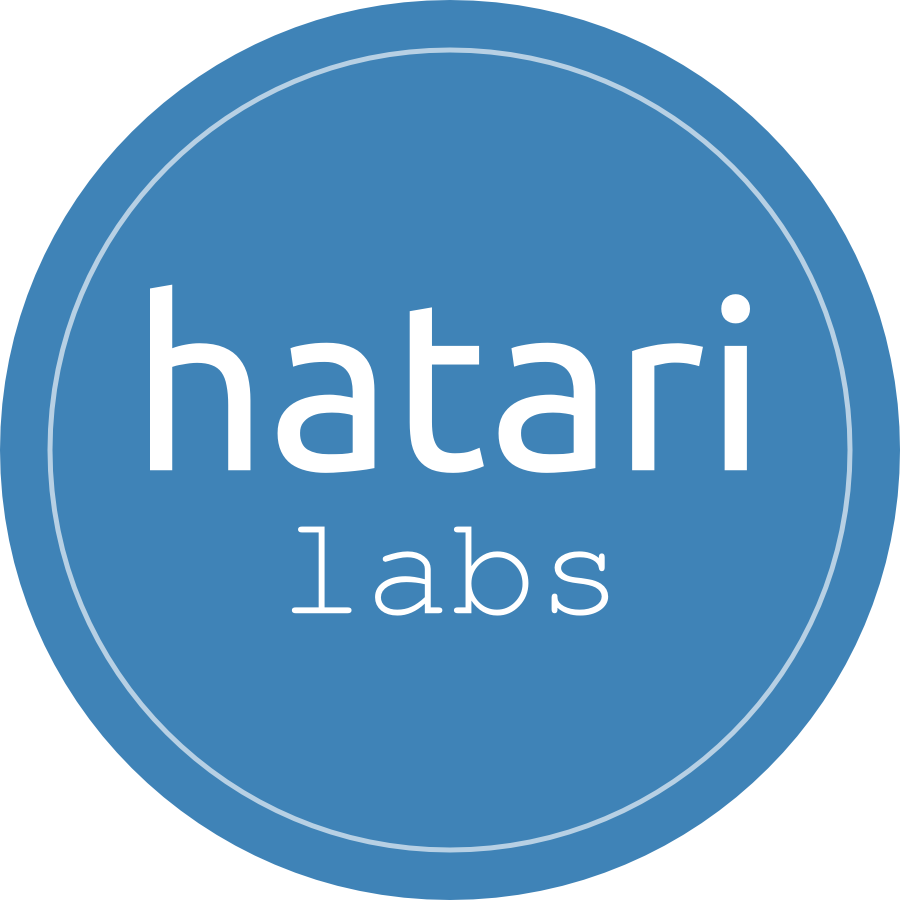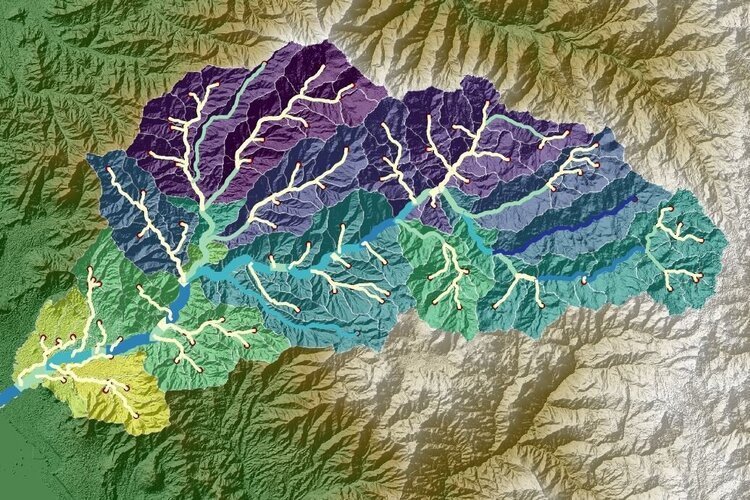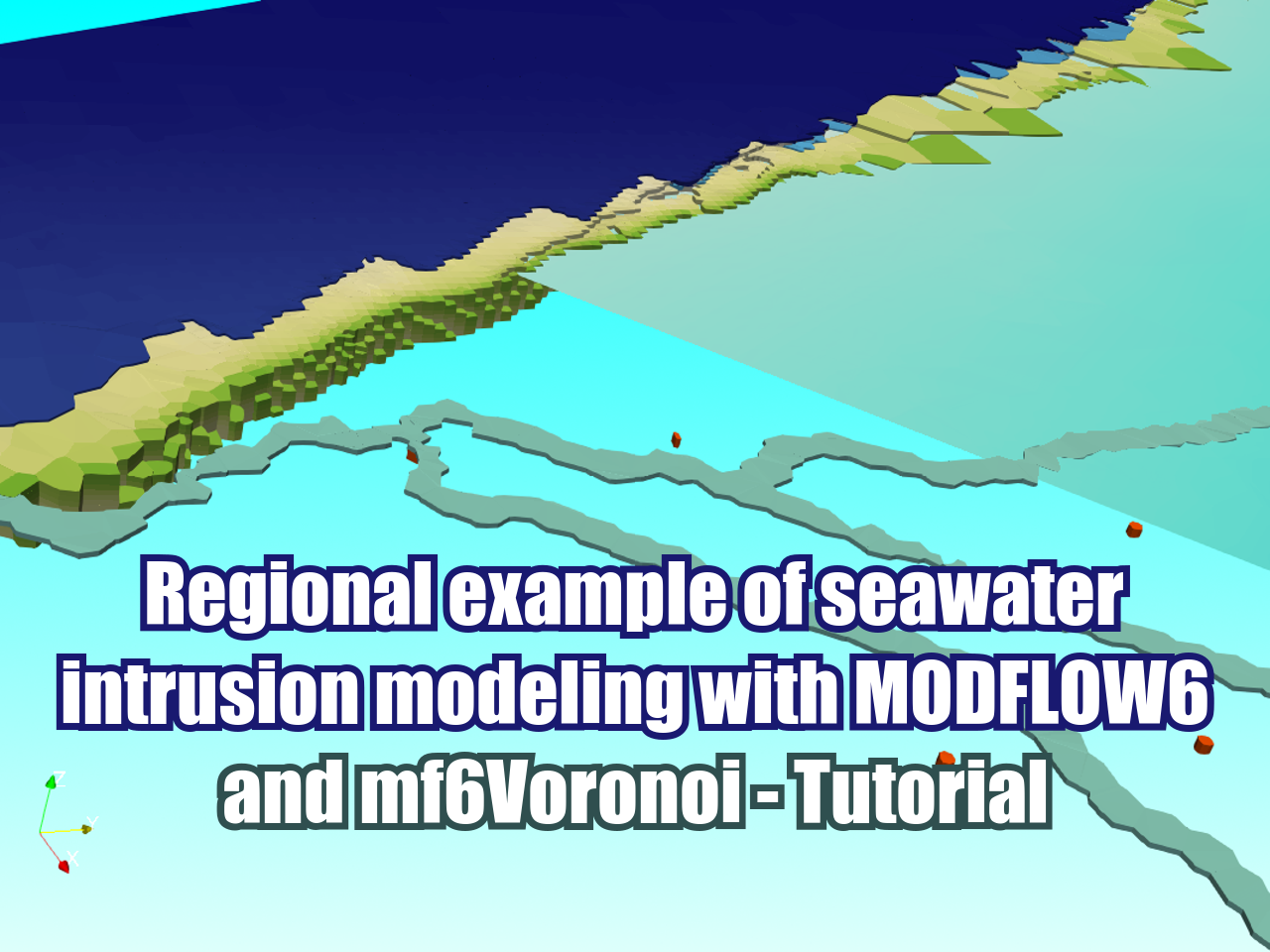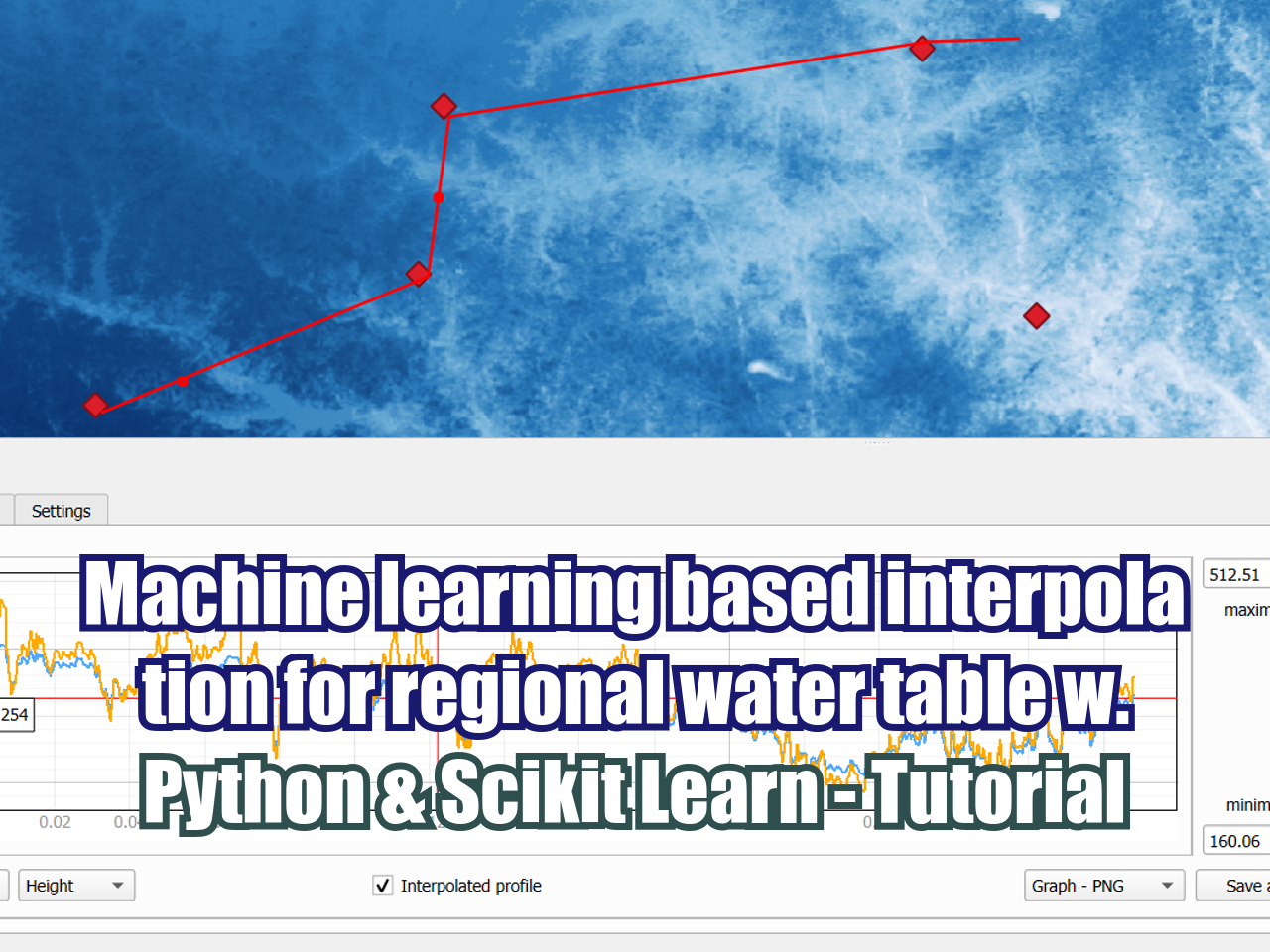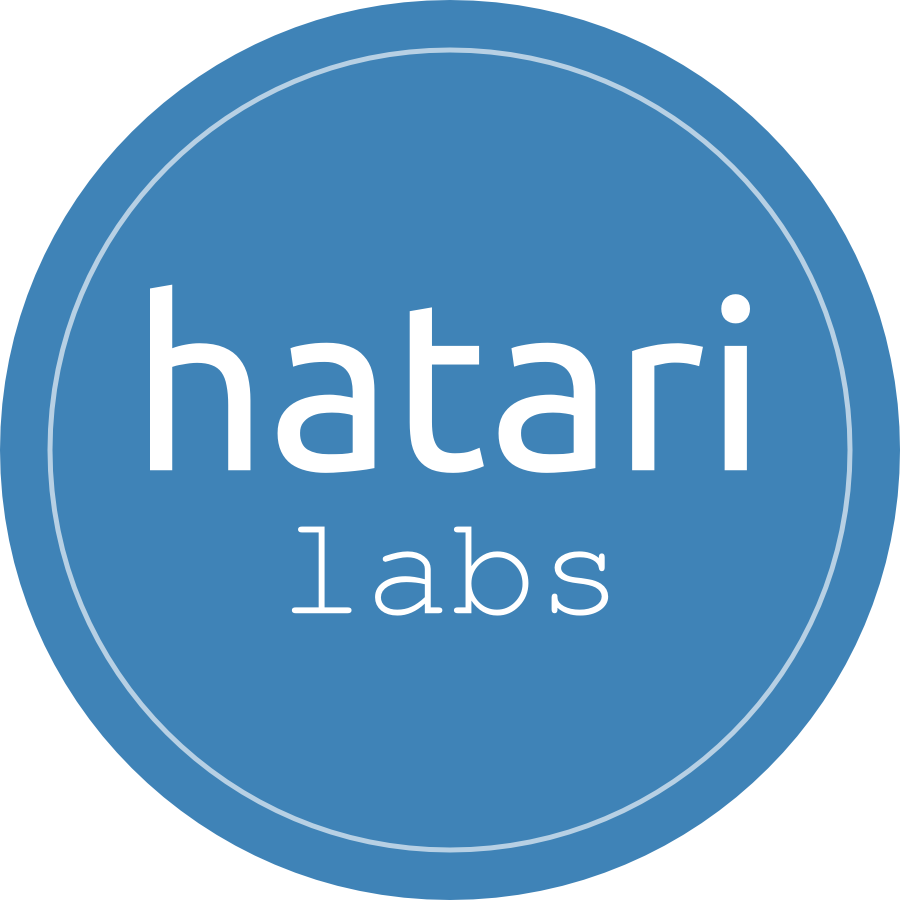How to be a senior hydrogeologist in 6 years
/When I was in second semester of my master degree, the course director gave me this advice: “Learn MODFLOW and you will have a job”. That was a small and sincere advice that helped me on the last eight years as hydrogeologist – numerical modeler. Nowadays, I want to give the guidelines for people interested in how to be a senior hydrogeologist in 6 years.
Groundwater flow model for a andean basin
What is exactly a senior hydrogeologist?
That is an excellent question my dear fellow. My best answer is that a senior hydrogeologist is the boss of the intermediate and junior hydrogeologist.
If we want to discuss about the technical side, a senior hydrogeologist is a person capable of running projects leading a group of people on the field work, data processing and numerical modeling of hydrogeological projects.
The degree of senior hydrogeologist depends on the company or institution where you are working, where one can find a sort of criteria to define the senior level, being the most common the years of practice. However, here we are going to talk about a technical approach to be a senior hydrogeologist in 6 years.
Why 6 years?
I have been doing some calculations about the learning curve on every project I have been involved to have a first order estimate of the minimum time to become a senior hydrogeologist… and that turned to be 6 years.
Of course, these 6 years don’t mean a regular working schedule of 40 hours per day. There is no way to have a high degree of domain on the hydrogeological flow regimen in a comprehensive sort of environment from going to an office from 9 a.m. to 6 p.m.
If you want to achieve the 6 years timeframe you have to forget about some weekends and movie nights.
Where to start?
Once I was at a scientific conference were they talked about the importance of young scientists. There is a parallel on the hydrogeological market, however this concept in not very developed.
Most of the consultant companies in hydrogeology, work in the micro and small enterprise framework (based entirely on the number of workers). That leads in most times having the technical leader on operation leader as well as the financial leader. The majority of these companies have not well developed concepts of empowerment, team building, leadership or even coaching.
I think we have not talked well about small companies, but those companies are exactly the companies where one should start a career in hydrogeology due to the small teams and one can have higher responsibilities on a shorter timeframe.
To be a senior hydrogeologist in 6 years you need to have a master degree already in water resources, groundwater engineering, hydrogeology, modeling of hydrosystems, or related topics. Online degrees are also considered.
Experience on projects
Most of my working experience is related to the impact evaluation of mining projects on groundwater resources, so I will measure experience based on these type of projects.
Six times leading a part of an environmental impact assessment for mining is required to become an intermediate hydrogeologist, while 12 EIAs are required to be a senior hydrogeologist.
My dear friend, the issue here is to LEAD the tasks, otherwise you can be ten years on your desk filling water level tables and piper diagrams without having the whole picture of a hydrogeological project.
How to lead and leadership in hydrogeological studies?
Leading is not saying everyone what to do and giving orders like Napoleon. A good leader is a humble person who knows his own weaknesses and relies on other’s capacities.
One cannot be a senior hydrogeologist if he/she is not leading intermediate and junior hydrogeologist. A leader needs a group and a group needs a leader. You can be a charismatic leader or not, but you need to share your knowledge, otherwise your team won’t have empathy with you. Don’t be soft, don’t be harsh with your team, just be soft enough when you are harsh and viceversa.
Do not inttend to reach big responsibilities on the first year, it is better to start leading small tasks like the GIS database, hydraulic test interpretation, data compilation for numerical modeling. My advice, keep in mind to shift to the next level once you have learned what you have to learn from each task.
